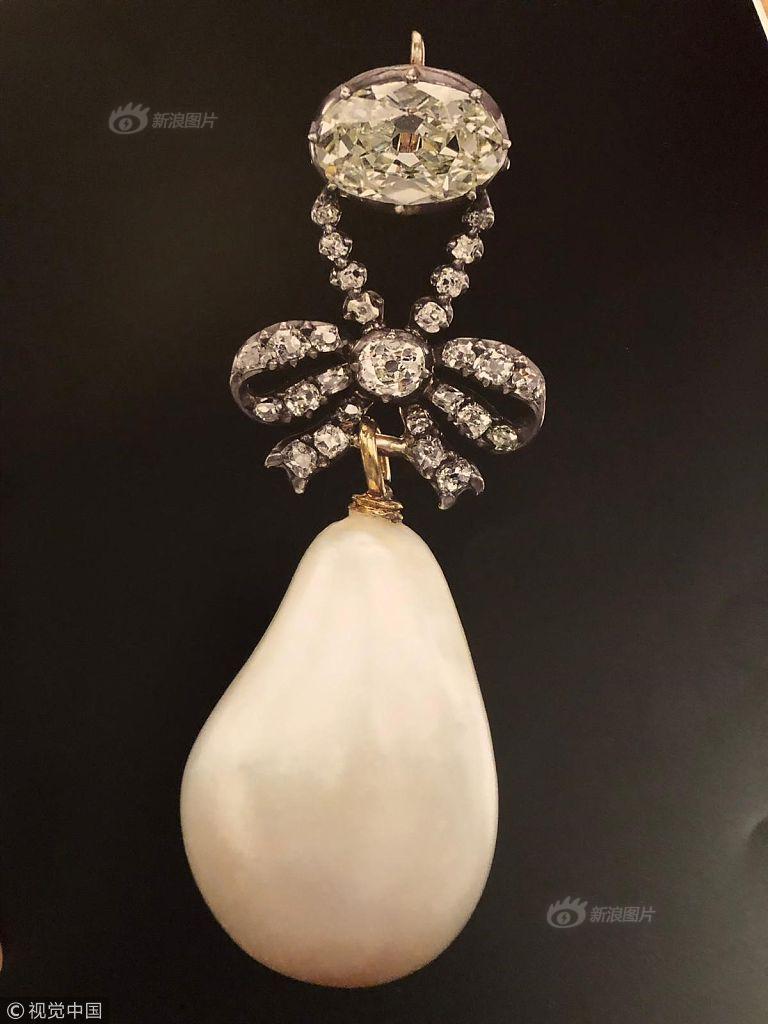【アダルト 動画 映画】Scholar Gary Okihiro Remembered by AAAS, Duke University Press

The death of Gary Okihiro (1945-2024), a professor at Columbia and Yale and a major figure in Asian American studies, is being mourned throughout the academic world. Following are two statements.
Association for Asian American Studies
The Association for Asian American Studies is deeply saddened at the passing of Professor Gary Okihiro on May 20, 2024. Professor Okihiro was a distinguished, pioneering, and much beloved senior scholar in the field of Asian American studies.
Gary was a teacher, mentor, activist, and friend to several generations of scholars. He was a vital presence and powerful influence in the building of the Association and of the field itself. He was part of the generation that not only established and expanded the field but also argued for Asian American studies to be a critical part of the academy.
Professor Okihiro was a past president of AAAS in 1985-87. In the 1990s, he led the effort to establish the **Journal of Asian American Studies,** the Association’s flagship journal, and served as the journal’s founding co-editor.
At the time of his death, Professor Okihiro was visiting professor of American Studies and Ethnicity, Race, and Migration at Yale University. Before Yale, he taught at Columbia University and Cornell University, where he helped to found the first program in Asian American studies in the Ivy League. For many years, the program served as the AAAS secretariat. Professor Okihiro began his career on the West Coast, teaching at Humboldt State University and Santa Clara University.
Professor Okihiro authored and edited 13 books that shaped the field of Asian American studies, including “Cane Fires” (1991), “Margins and Mainstreams” (1994), “American History Unbound” (2015), and “Third World Studies” (2016).
He received the Lifetime Achievement Award from the American Studies Association and the Association for Asian American Studies and received an honorary doctorate from the University of the Ryūkyūs, Okinawa.

Duke University Press
We are sorry to learn of the death of Gary Y. Okihiro, a leading scholar in Asian American and ethnic studies, on May 20 in New Haven. He was 78 years old.
Okihiro was visiting professor of American studies and ethnicity, race, & migration at Yale University, where he taught a popular class on Third World studies, and professor emeritus of international and public affairs at Columbia University. He received his Ph.D. in African history from UCLA, and also taught at Humboldt State, Santa Clara, and Cornell.
Okihiro was the author of 12 books, including “Third World Studies” (2016), which presents the intellectual history of the core ideas, concepts, methods, and theories of Third World studies — an academic field first proposed in 1968 — in order to provide tools for understanding power and ending oppression. George Lipsitz called the book “a generative and thought provoking-work by a sophisticated and advanced thinker.”
This fall we are publishing a second edition of this important book, revised and expanded. In the new edition, Okihiro emphasizes the work of Third World intellectuals such as M.N. Roy, José Carlos Mariátegui, and Oliver Cromwell Cox, foregrounds the importance of Bandung and the Tricontinental, and adds discussions of eugenics, feminist epistemologies, and religion.
Okihiro was also a great friend of Duke University Press. He read manuscripts for us, offered endorsements for other scholars’ work, and also contributed an article to our journal Radical History Review.
Senior Executive Editor Ken Wissoker says, “Gary Okihiro was a warm and generous person and one of the most important architects of Asian American studies as a field. In everything from his invention of East of California to provide a network for Asian Americans teaching at PWIs (primarily white institutions) in the rest of the country, to his own historical scholarship, and his intersectional and international approach, his work was crucial and will be long-remembered.”
Gary Okihiro’s family, friends, and colleagues are in our thoughts as we remember him and his scholarly contributions.






Related Articles